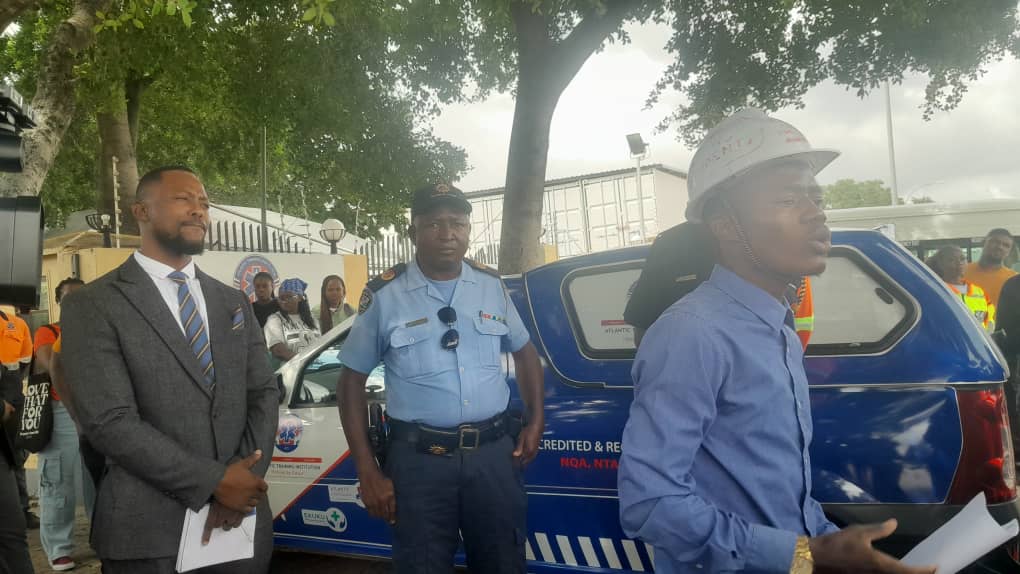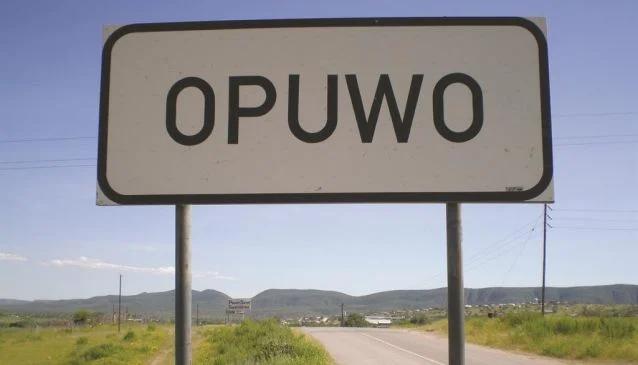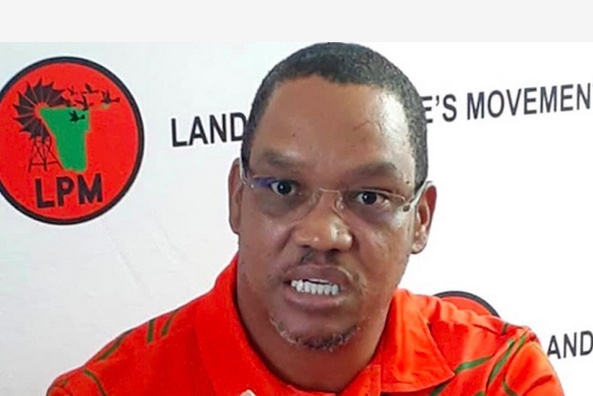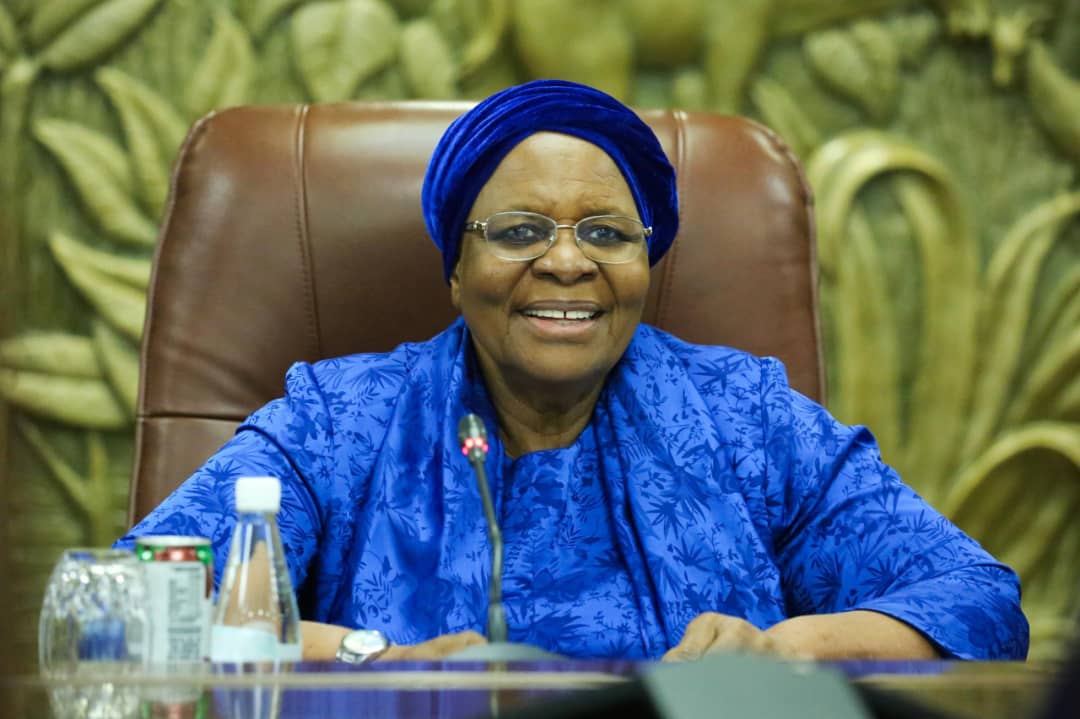NAIROBI – A prominent US-based human rights group yesterday called for Kenya to lift a ban on opposition rallies, as the nation braced for three days of protests over disputed elections.
The appeal came as the police death toll from violence in the wake of the December 27 presidential election surpassed 700, after four people died in overnight clashes in the Rift Valley and 89 more bodies were discovered. Human Rights Watch (HRW) urged the government to allow rallies, led by opposition leader Raila Odinga, which are due to start on Wednesday to protest alleged vote-rigging that led to President Mwai Kibaki winning a second five-year term.Police have outlawed any public meetings since bloody clashes erupted after Kibaki was declared re-elected.Besides the rising death toll, the violence has seen more than 250 000 people displaced from their homes.”The government should defuse tension by immediately lifting the ban on public assembly and allowing the planned demonstrations to go ahead,” said Georgette Gagnon, HRW acting chief for Africa.”The Kenyan government should urgently and publicly order the police to stop using excessive, lethal force against public rallies,” she added, after police cracked down on previous rallies with tear gas, truncheons and warning shots.International pressure is growing on Kibaki and Odinga to break their deadlock and drop all preconditions for face-to-face talks.UN Secretary General Ban Ki-moon warned both men that failure to negotiate would be disastrous.”The potential for further bloodshed remains high unless the political crisis is quickly resolved,” said Ban in a statement.Odinga, who called for mass rallies after talks led by the African Union last week ended in failure, is refusing to recognise Kibaki’s re-election or to sit down with him until he admits to fraud.He told supporters at a Nairobi church yesterday that he would fight on.”I am here today to tell you that all is not lost,” he said, speaking to a packed congregation The Kenya Red Cross Society warned on Saturday of degenerating conditions for those displaced by the recent unrest, most of whom are in the west of Kenya and in slums around the capital Nairobi.Camps housing displaced persons have “reported increased numbers of people suffering from malaria, pneumonia, respiratory tract infections and other diseases,” it said.Nampa-AFPHuman Rights Watch (HRW) urged the government to allow rallies, led by opposition leader Raila Odinga, which are due to start on Wednesday to protest alleged vote-rigging that led to President Mwai Kibaki winning a second five-year term.Police have outlawed any public meetings since bloody clashes erupted after Kibaki was declared re-elected.Besides the rising death toll, the violence has seen more than 250 000 people displaced from their homes.”The government should defuse tension by immediately lifting the ban on public assembly and allowing the planned demonstrations to go ahead,” said Georgette Gagnon, HRW acting chief for Africa.”The Kenyan government should urgently and publicly order the police to stop using excessive, lethal force against public rallies,” she added, after police cracked down on previous rallies with tear gas, truncheons and warning shots.International pressure is growing on Kibaki and Odinga to break their deadlock and drop all preconditions for face-to-face talks.UN Secretary General Ban Ki-moon warned both men that failure to negotiate would be disastrous.”The potential for further bloodshed remains high unless the political crisis is quickly resolved,” said Ban in a statement.Odinga, who called for mass rallies after talks led by the African Union last week ended in failure, is refusing to recognise Kibaki’s re-election or to sit down with him until he admits to fraud.He told supporters at a Nairobi church yesterday that he would fight on.”I am here today to tell you that all is not lost,” he said, speaking to a packed congregation The Kenya Red Cross Society warned on Saturday of degenerating conditions for those displaced by the recent unrest, most of whom are in the west of Kenya and in slums around the capital Nairobi.Camps housing displaced persons have “reported increased numbers of people suffering from malaria, pneumonia, respiratory tract infections and other diseases,” it said.Nampa-AFP
Stay informed with The Namibian – your source for credible journalism. Get in-depth reporting and opinions for
only N$85 a month. Invest in journalism, invest in democracy –
Subscribe Now!










